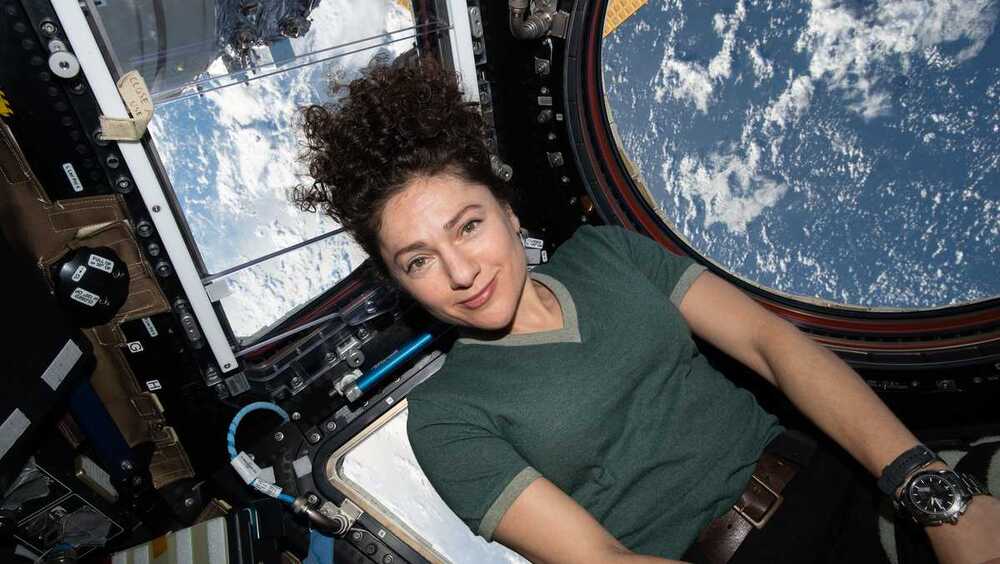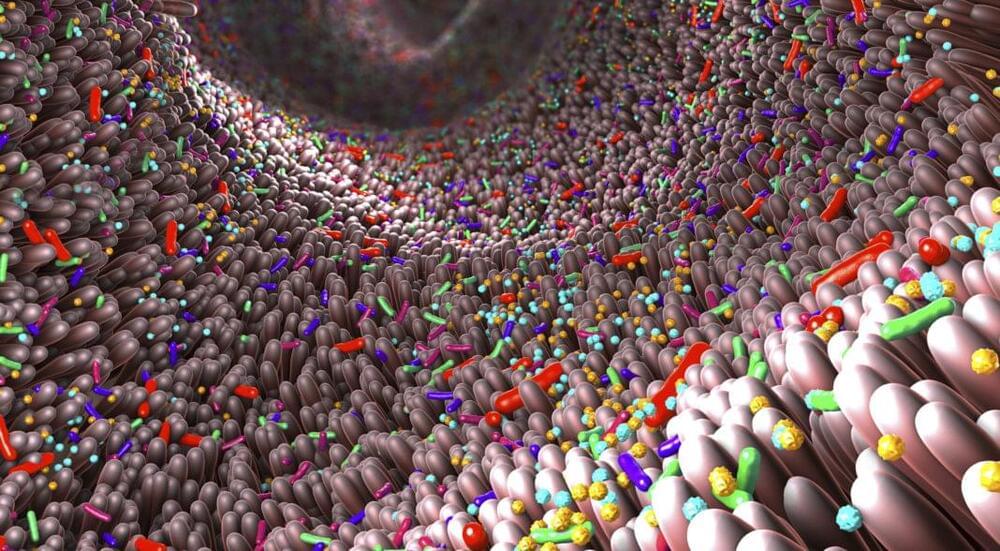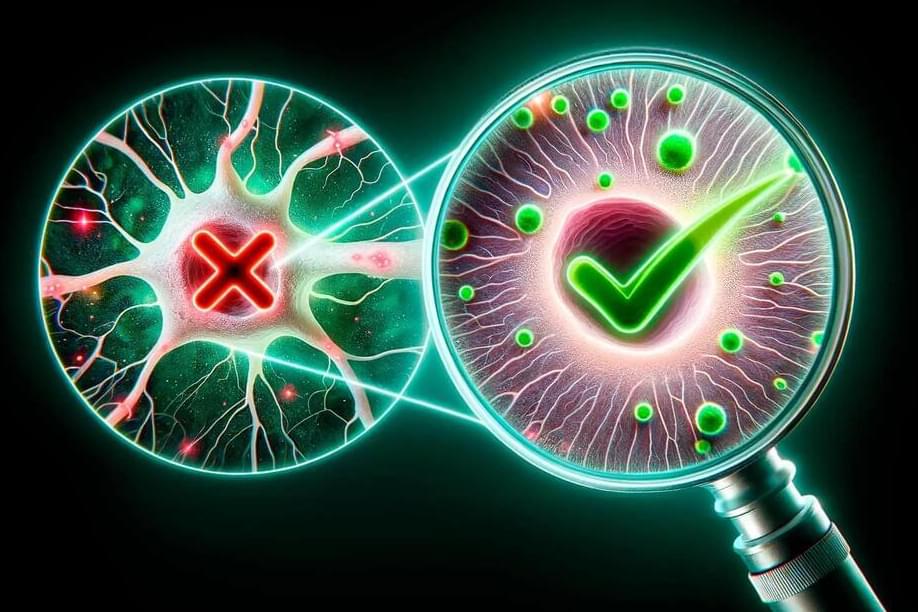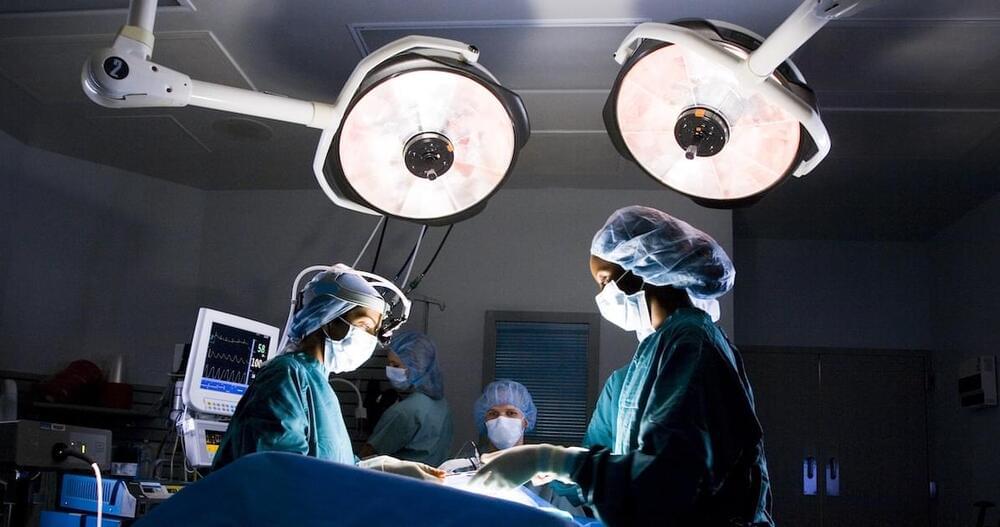SpaceX has released footage showing a unique view of its latest Starship rocket test ahead of its second launch atop the mighty Super Heavy rocket.





Currently, the most common and accurate methods for diagnosing type 2 diabetes involve blood work. A new study, however, asserts that type 2 diabetes can now be diagnosed based on the sound of a person’s voice.
Researchers from Klick Applied Science have developed a tool they say can diagnose type 2 diabetes in women and men, respectively, with up to 0.89 and 0.86 accuracy.
To achieve this, the researchers used an ensemble model that also factored in women’s body mass index (BMI) and men’s age and BMI.

The SRI President Bernard Foing and the SRI CEO and Founder A. V. Autino are in agreement on the text of this newsletter, but not on the title(!). We decided therefore to issue it with two titles. The first one, by A.V. Autino, establishes an ideological distance from the governance model that brought the civilization to the current situation, refusing any direct co-responsibility. The title proposed by B. Foing implies that “we” (the global society) are responsible for the general failure since we voted for the current leaders. He also suggested that should “we” (space humanists) be governing, he’s not sure that we would be able to do better than current leaders, for peace and development. Better than warmongers for sure! Replied Autino. However, both titles are true and have their reasons. That’s why we don’t want to choose one…

An international research team led by scientists at the Hudson Institute of Medical Research has found a way to determine which species of gut microbiota are important in certain diseases, and how they interact with other microorganisms to create a healthy microbiome.
The team developed a computational metabolite exchange scoring system to identify microbial cross feeding relationships—the use of metabolites produced by one microorganism as an essential nutrients by another—and how these may be altered in disease. The researchers suggest that understanding such relationships could point to therapeutic approaches for a range of disorders including inflammatory bowel disease, infections, autoimmune diseases and cancer.
“There are roughly 1,000 different bacterial species in a healthy gut—it’s a microscopic multicultural community with over a trillion individual members,” said research lead Samuel Forster, PhD. “Bacteria in our microbiomes exist as communities that rely on each other to produce and share key nutrients between them … We have developed a new computational way to understand these dependencies and their role in shaping our microbiome. This new method unlocks our understanding of the gut microbiome and provides a foundation for new treatment options that selectively remodel microbial communities.”

Findings could help scientists develop regenerative therapies for spinal cord injuries and other neurological conditions.
Neurons, the main cells that make up our brain and spinal cord, are among the slowest cells to regenerate after an injury, and many neurons fail to regenerate entirely. While scientists have made progress in understanding neuronal regeneration, it remains unknown why some neurons regenerate and others do not.
Using single-cell RNA.


